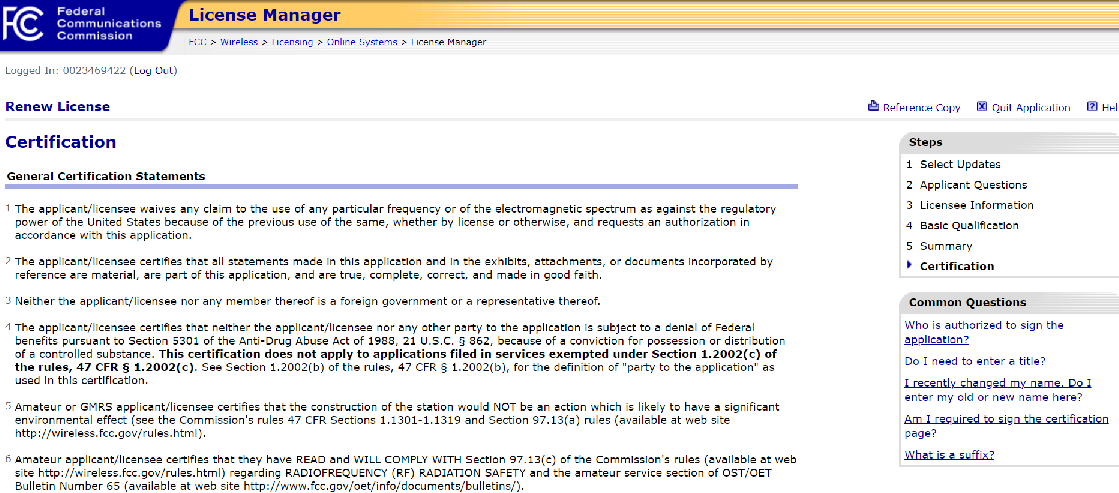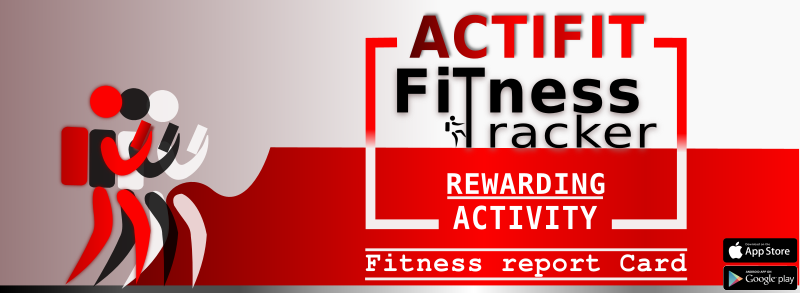What Exactly is Copyright Infringement?

Photo Source: gehreslaw.com
First off, this is not legal advice. I am not a lawyer. You know I am not a lawyer because:
- I have a soul.
- When I hear the words "war on poverty" I don't think that means I should weaponize my education and knowledge against the poor.
This is just a quick and brief explanation.
As a general matter, copyright infringement occurs when a copyrighted work is reproduced, distributed, performed, publicly displayed, or made into a derivative work without the permission of the copyright owner.
I copied and pasted that definition without permission from the copyright.gov website. I sourced it though so now it isn't copyright infringement. It is what is called transformative or "fair" use.
You have no idea how tempting it is for me to word this post in a way to demonstrate how absurd copyright law can actually get.
Anyway, in United States law the basis for copyright enforcement is found in Article I, Section 8, Clause 8 of the United States Constitution. This constitutional clause grants Congress the power; "To promote the progress of science and useful arts, by securing for limited times to authors and inventors the exclusive right to their respective writings and discoveries."
I copied and pasted the above clause from a copy of the U.S. Constitution. However, in this instance I can legally copy the text because it is in the public domain. The public domain is basically everything that is old and not claimed by Disney.
This clause is also the basis for trademark law which regulates the commercial use of words that can be found in the dictionary. If I was writing about computers and I wrote the trademarked word "Apple" in terms of crappy engineering I would then have to figure out if I have to write Apple®, Apple™, Apple℠ or just give up and write about Windows®, Windows™ or Windows℠. Eventually I would decide that since I don't know Apple® from Windows™ I should just write a science fiction story with a fictional computer company because fictional corporate lawyers can't send authors threatening letters and even if they do there's nothing illegal about killing off a fictional lawyer.
Killing off fictional lawyers is legal and thanks to the First Amendment fictional lawyers can be killed off in a virtually infinite number of neat and hilarious ways. Thanks to the First Amendment copyrights aren't an absolute monopoly. The concept of "fair use" is balancing a creator's exclusive rights and the rights of the public to comment on the work.
It can get tricky though because there is a lot of case law behind fair use. United States Code Title 17 covering copyright law can be misrepresented by pedantic copyright owners and after dealing with it long enough a sane person begins to realize the best scenario is a real life The Last Man on Earth virus killing off all the intellectual property lawyers and vexatious copyright owners. Yes, those TV characters would probably be guilty in real life of badly singing protected works. How can having all the remaining known population of the world hearing you sing a pop '80s song during a funeral not be considered a public performance? The rights holder who died with the other seven billion people still owns that music many decades after the apocalypse and the law is the law.
I have to go now. I think the Los Angeles F.B.I. is knocking on my door. I probably made a copyright owner cry and feel bad. I should read those red-and-white warnings at the beginning of movies more closely and realize it's no longer the courts who are responsible for deciding copyright law.

Photo Source: hollywoodreporter.com
Like this post? Please remember to upvote and subscribe for more content. Also, feel free to visit my official site holovision.tv.



Comments